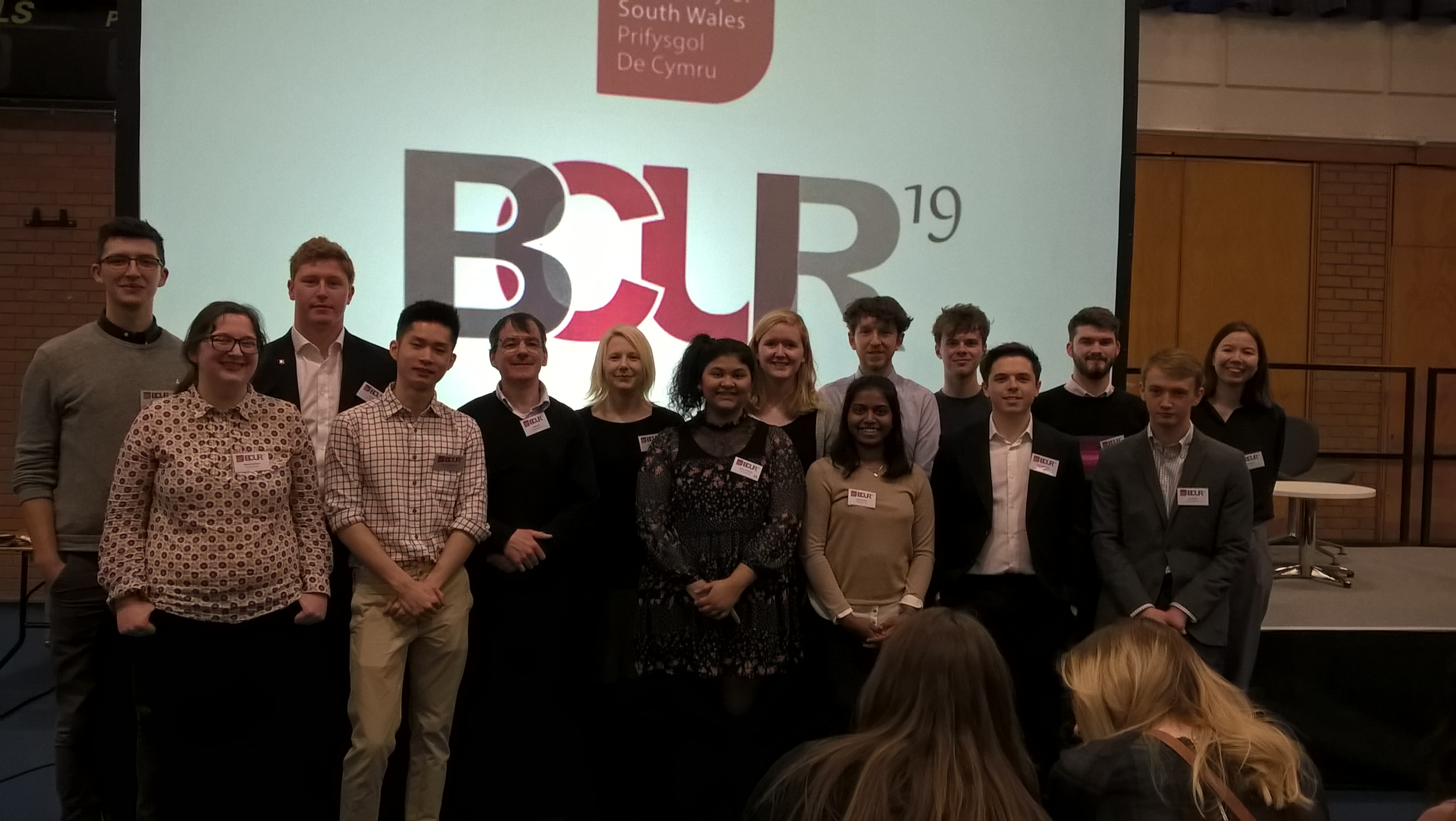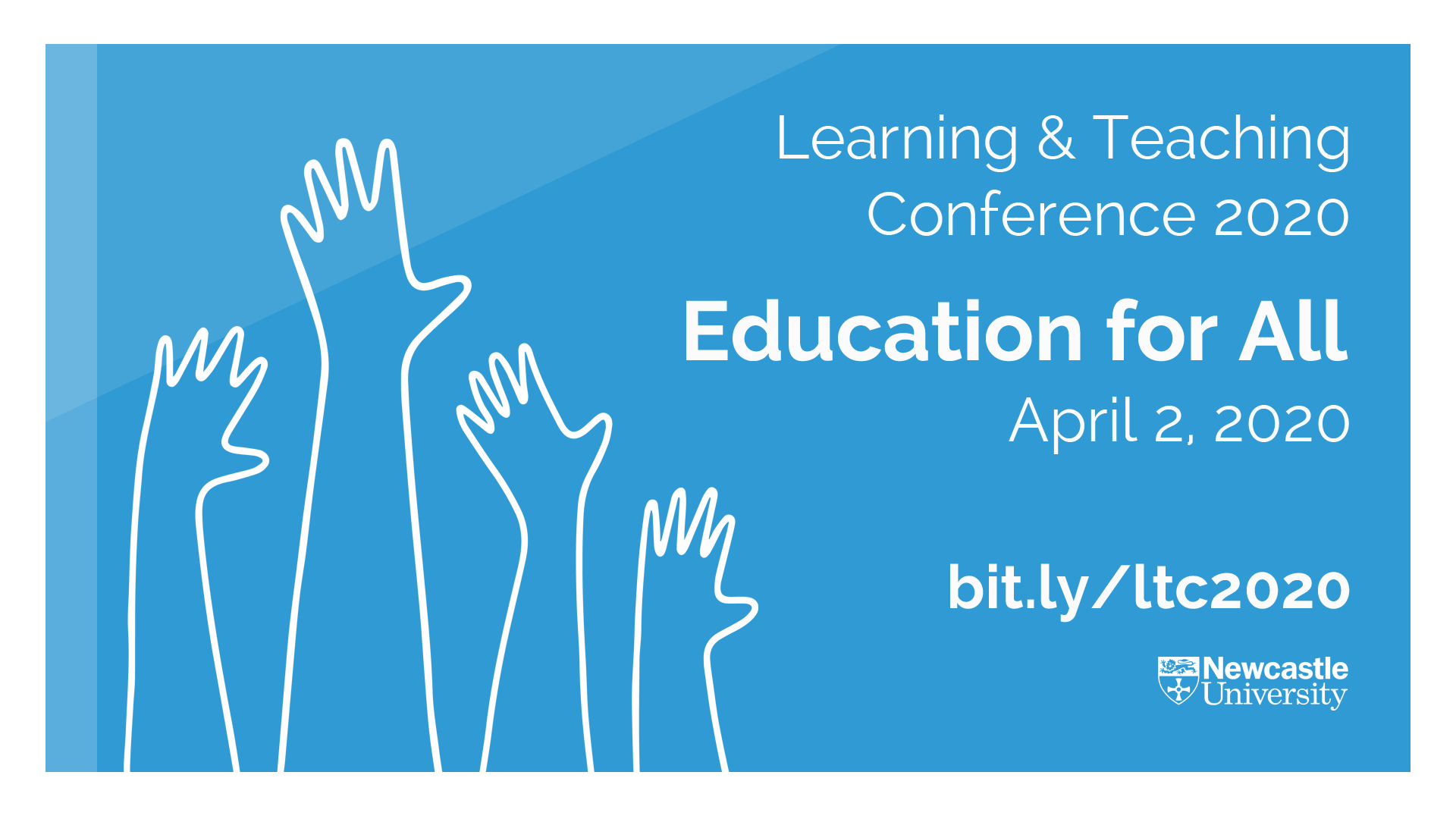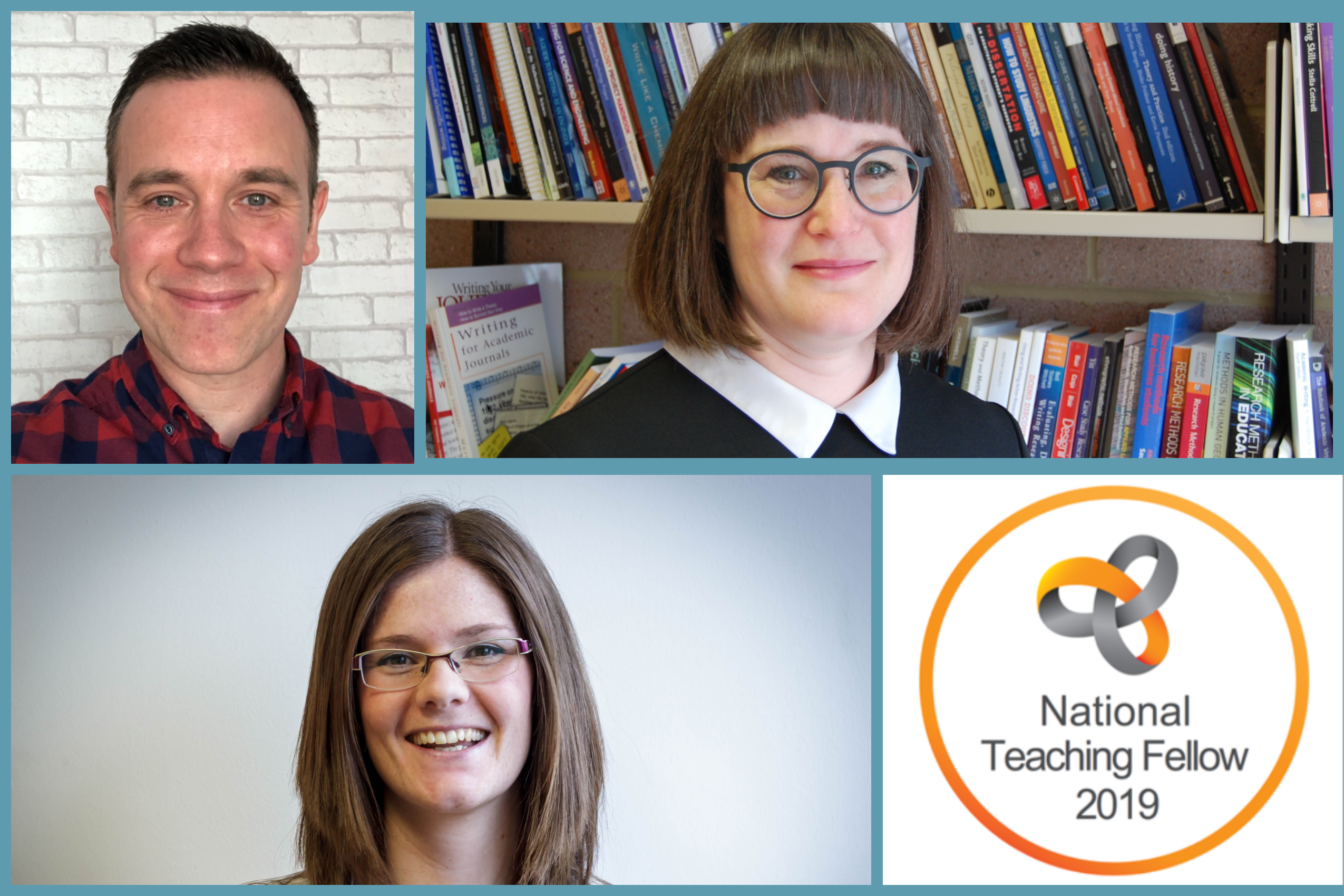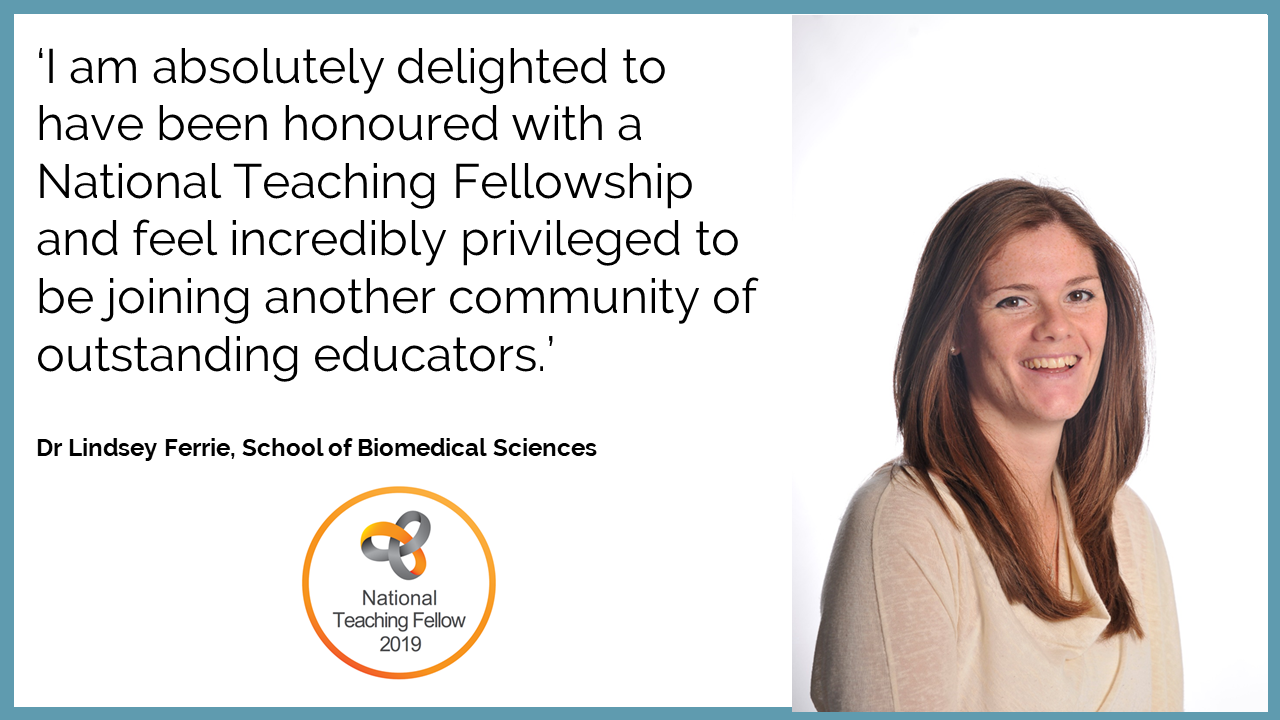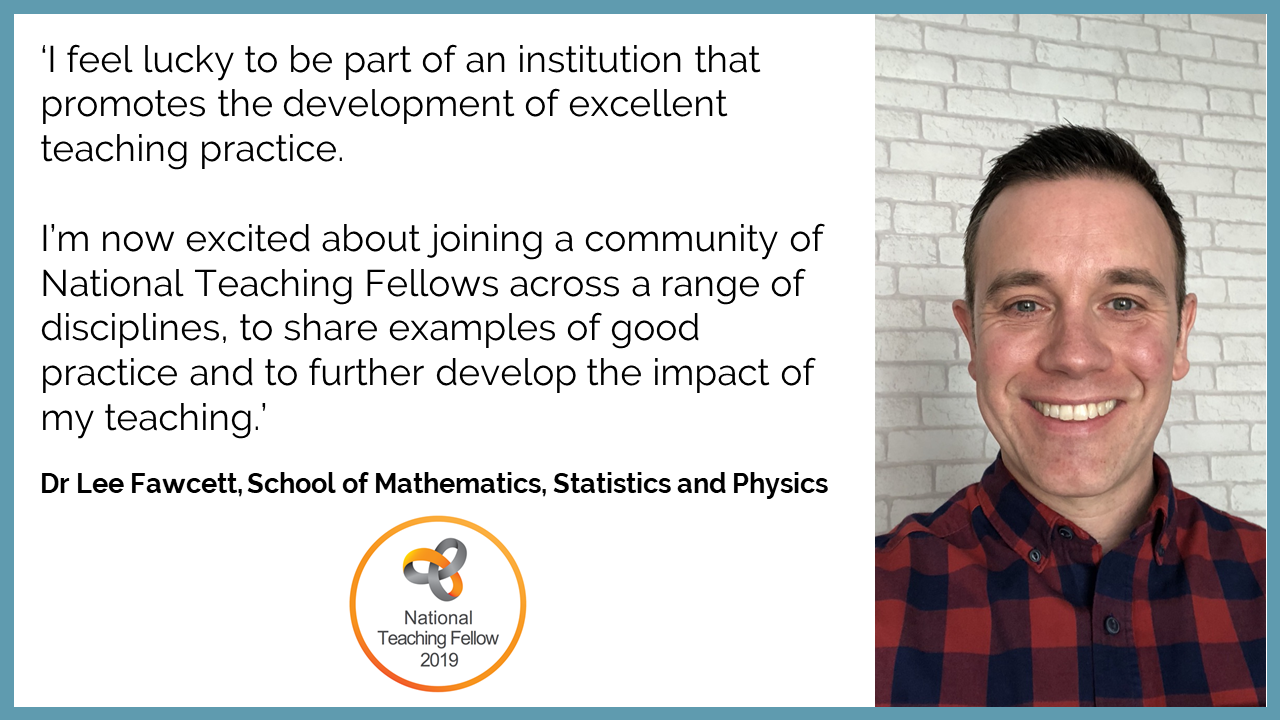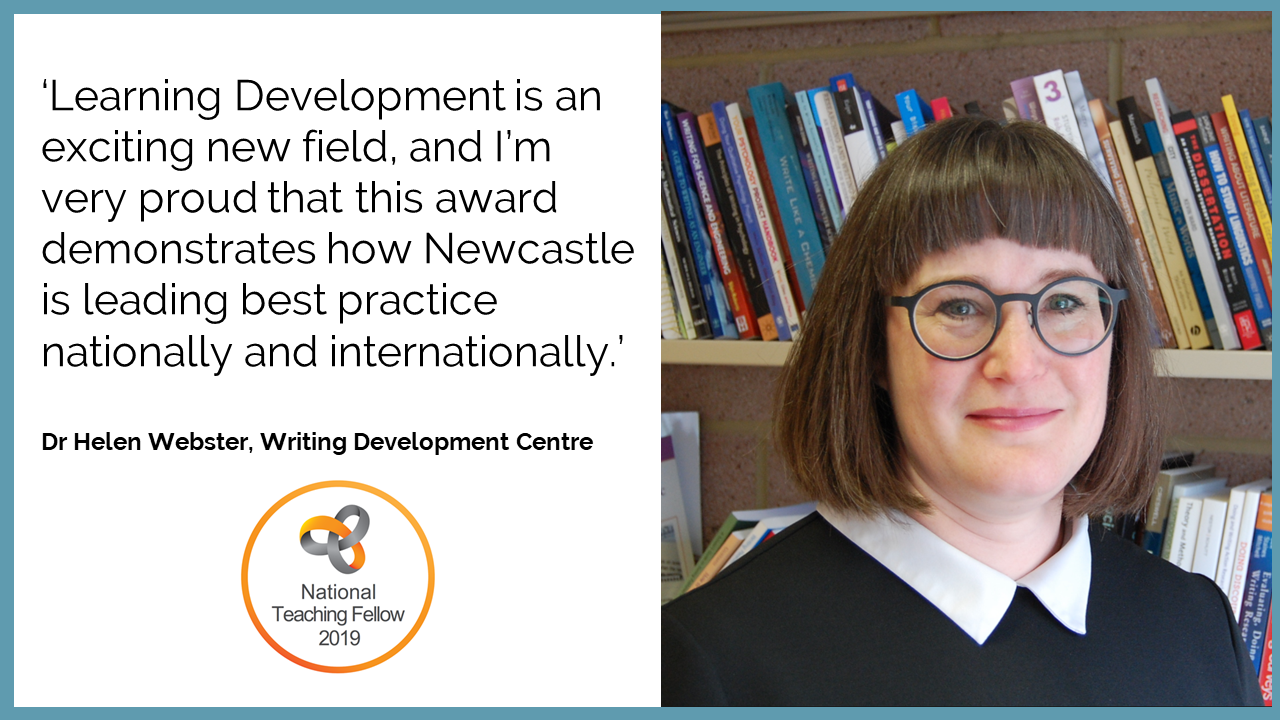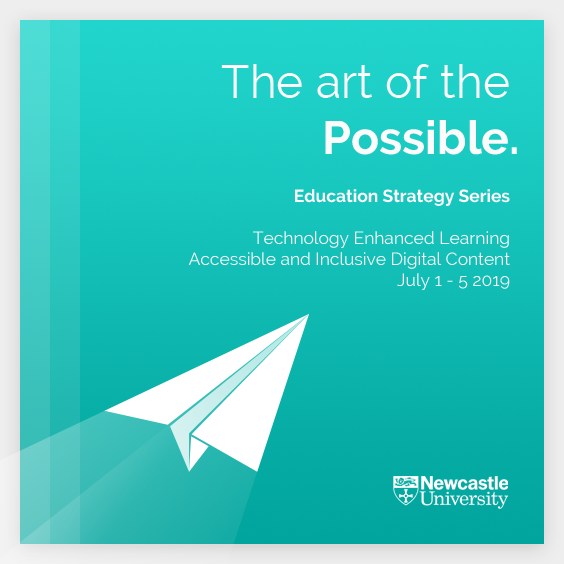Reviewers are sought to help select students with the best undergraduate research to represent Newcastle University at British Conference of Undergraduate Research (BCUR) events.
Successful students will represent Newcastle University with a poster or oral presentation at the main BCUR conference in the Easter vacation, or with a poster at Posters in Parliament in February / March.
What you need to know:
- You will need to have time the w/c 25 November to review approximately five to ten 250 word abstracts.
- Staff from all disciplines are welcome, as specific subject knowledge is not required to review the abstracts. BCUR’s events are generalist, so contributions are expected to convey findings and their importance to a non-specialist audience.
- Rating criteria will be provided.
- The reviewing panel will not convene physically; it will be done electronically.
Find out more about last year’s successful entries on the Newcastle University BCUR website. To volunteer, please get in touch with thebcur@newcastle.ac.uk
This opportunity to submit an abstract to the conference will be promoted to students soon. If you have any questions, or know of any students with some impressive undergraduate research, feel free to contact the organising team at thebcur@newcastle.ac.uk.

